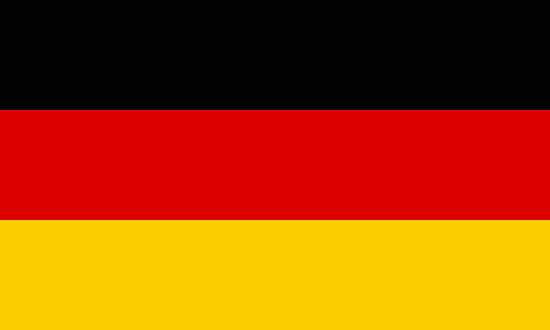"Essen: Die Einkaufsstadt | Essen: The Shopping City"
About:
Essen, Germany, founded around the 1st century AD, evolved from a small fishing village into a major industrial city during the 19th and 20th centuries. It became the heart of the Ruhr coal mining region and home to the Krupp family's steel production. Severely damaged in WWII, Essen underwent significant post-war reconstruction. Today, it's a modern city known for its cultural institutions like the Zollverein Coal Mine Industrial Complex, a UNESCO World Heritage Site, and a diverse economy.
When to visit:
Essen, a vibrant city in western Germany, offers a range of attractions for visitors to explore throughout the year. However, the best time to visit Essen on a holiday is during the summer months, from June to August, when the city comes alive with outdoor events, festivals, and cultural celebrations. The pleasant weather during this time allows for enjoyable outdoor activities such as strolling through the city's parks and gardens or visiting the famous Zeche Zollverein industrial complex. Additionally, summer is an ideal time to indulge in the local cuisine at outdoor cafes and beer gardens while taking in the beauty of Essen's historic architecture and modern art scene.
When to avoid:
Traveling to Essen, Germany during the winter holiday season, particularly in late December, is considered the worst time due to the cold weather and potential for snowy conditions. The city experiences shorter daylight hours during this time, limiting outdoor activities and sightseeing opportunities. Additionally, popular tourist attractions may be crowded with visitors celebrating the holiday season, leading to longer wait times and higher prices for accommodations and activities. Travelers seeking a more relaxed and budget-friendly experience may want to consider visiting Essen during the shoulder seasons of spring or autumn.
Winter (Dec-Feb)
In Essen, Germany, the coldest period is from December to February with average temperatures ranging from -1 to 4°C. Snowfall is sporadic but can make the city look magical. The wettest month is August, with an average rainfall of 80mm, often resulting in overcast skies. Daylight during winter is limited to about 8 hours, with the sun setting as early as 4:30pm. An average day for a visitor in this season would involve bundling up in warm clothing, experiencing occasional snowfall, and possibly enjoying indoor activities due to early sunsets and frequent rains.
Summer (June-August)
In Essen, Germany, the warmest part of the year typically falls between June and August, with July being the hottest month. During this period, the average high temperature ranges from 20°C to 24°C (68°F to 75°F). Rainfall is quite evenly distributed throughout the year, but summer months can experience slightly more precipitation, with an average of 70-80mm per month.
Sunlight is abundant during this season, with an average of 16 to 17 hours of daylight per day. Humidity levels are moderate, typically around 60-70%, making the heat comfortable rather than oppressive. Cloudiness varies, but summer days are generally partly cloudy, with more clear days than in other seasons.
For a visitor, a typical day in Essen during the warmest part of the year would involve warm, pleasant temperatures, perfect for outdoor activities. Mornings usually start with a mild temperature, warming up as the day progresses. Afternoons can be a bit hotter, but the moderate humidity keeps it comfortable. There might be occasional rain showers, so it's a good idea to carry an umbrella. Evenings are cooler and perfect for leisurely walks. With long daylight hours, there's plenty of time to explore the city.
Language:
In Essen, Germany, the most commonly spoken language is German, as it is the official and predominant language of the country. However, due to its diverse population, other languages such as Turkish, Polish, and Russian can also be heard. English is also widely spoken, particularly among the younger population and in the business sector.




